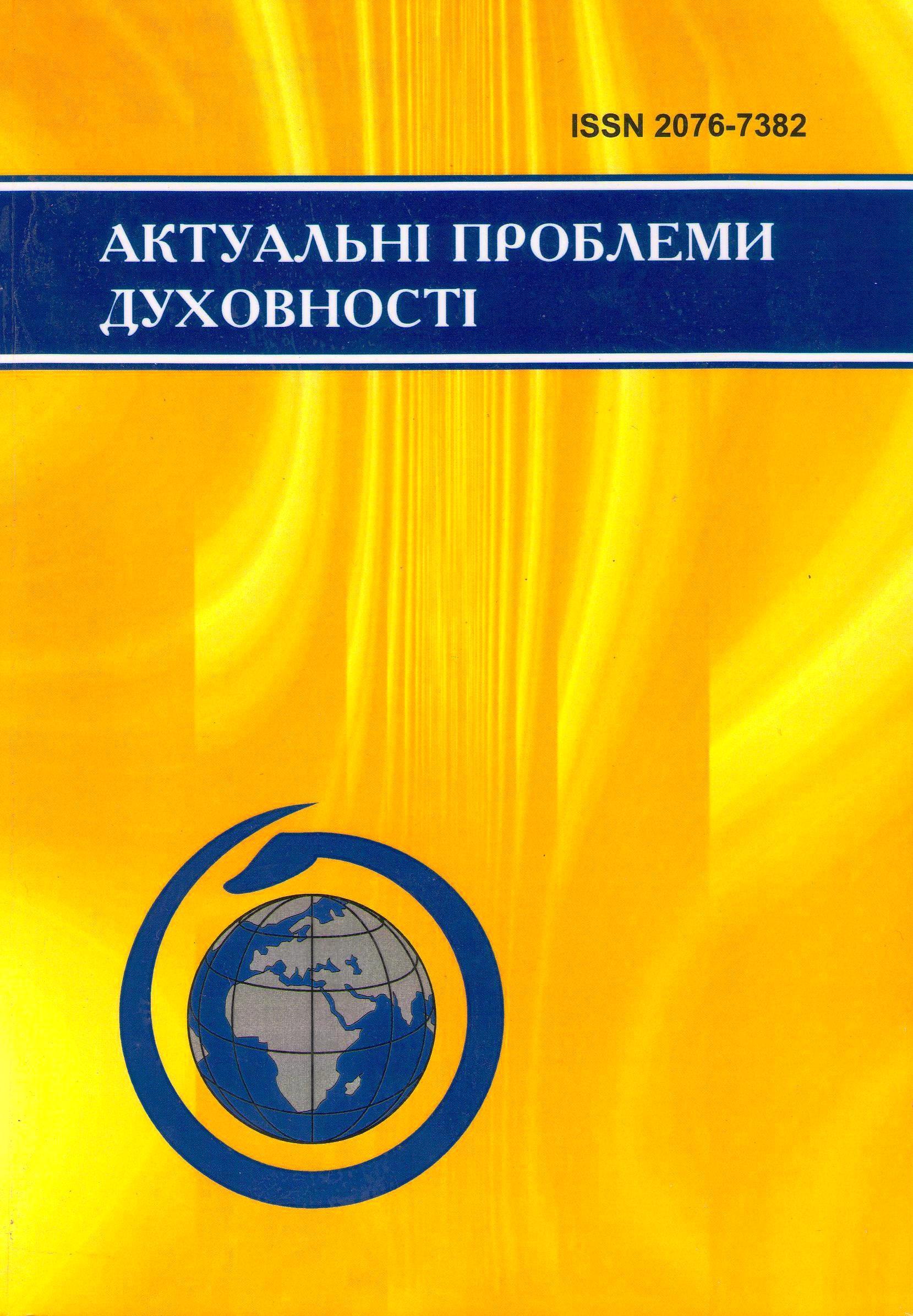On understanding of quantum entanglement: contemporary holistic approach
DOI:
https://doi.org/10.55056/apm.7722Keywords:
quantum entanglement, Einstein-Podolsky-Rosen thought experiment, quantum wholeness, wholeness of the Universe, rational holismAbstract
Idea of quantum entanglement is discussed in the context of debate about the Einstein-Podolsky-Rosen thought experiment and some theoretical studies of quantum systems. It is noted that Schrödinger invented this idea in 1935 in order to fix some features of the quantum-mechanical description of two systems with temporary interaction. However, he did not grasp essence of these features really. In view of the concepts of mixture and statistical operator proposed by von Neumann and adopted by Schrödinger in 1936, it is argued that the idea of entanglement and related terminology are not necessary in quantum mechanics. One can use this idea and terms "entanglement" etc. as "visual" surrogates for the "mixture – statistical operator" pair.
Deeper comparative analysis of several theoretical works by Schrödinger, von Neumann, and Landau showed that the modeling of non-trivial complex quantum systems as quasi-classical aggregates has been gradually overcome. Instead, wholeness of such quantum systems was actually recognized step by step. Thus, wholeness is immanent not only to quantum phenomena, as Niels Bohr had argued, but also to the quantum systems themselves, objectively. The pair "mixture – statistical operator" and especially the pair "mixed state – density matrix" similar to it appear to be adequate tools to comprehend and describe wholeness of diverse quantum reality. It is insisted, it is advisable to understand the surrogate idea of entanglement and relevant terminology in the same sense. In mature quantum paradigm, they are possible but not necessary theoretical tools to grasp wholeness of reality. Respectively, acceptable understanding of quantum entanglement must be based on recognition of quantum wholeness. Philosophically speaking, the idea of entanglement is understandable and conditionally acceptable in the view of contemporary rational holism, or holistic rationality.
The clarified understanding of quantum entanglement, as well as Bohr's substantiation of wholeness of quantum phenomena, demonstrates irreducibility of the Universe to any quasi-classical aggregate. Moreover, all this supports the view of the Universe as real wholeness, which rational holism intends to grasp. It is concluded, further development and regular implementation of rational holism have the undoubted potential for revolutionary replacement of the hitherto widespread worldview in the spirit of Democritus and pure analytical methodology of knowledge.
Downloads
References
The Nobel Committee. Press Release. The Nobel Prize in Physics 2022. 2022. URL: https://www.nobelprize.org/uploads/2022/10/press-physicsprize2022-2.pdf
Wolf Prize in Physics. Wikipedia. The Free Encyclopedia. 2024. URL: https://en.wikipedia.org/wiki/Wolf_Prize_in_Physics#cite_note-gongs_away-2
Tiaglo O. On Explication of Concept of Quantum Entanglement. Actual Problems of Mind. 2023. (24). P. 225 – 248 (in Ukrainian). URL: https://doi.org/10.31812/apm.7687
Tiaglo O. On the Metaphysics of Quantum Entanglement. The Journal of V. N. Karazin Kharkiv National University, Series "Philosophy. Philosophical Peripeteias". 2023. (68). P. 60 – 75 (in Ukrainian). URL: https://doi.org/10.26565/2226-0994-2023-68-7
Schrödinger E. Discussion of Probability Relations between Separated Systems. Mathematical Proceedings of the Cambridge Philosophical Society. 1935. 31 (4). P. 555 – 563.
Einstein A., Podolsky, B., Rosen, N. (1935). Can Quantum-Mechanical Description of Physical Reality Be Considered Complete? Phys. Rev. 47. P. 777 – 780.
Jammer M. The Philosophy of Quantum Mechanics. The Interpretations of Quantum Mechanics in Historical Perspective. 1974. New York: Wiley and Sons.
Bell J. S. Bertlmann’s Socks and the Nature of Reality. Bell on the Foundations of Quantum Mechanics. Singapore e. a.: World Scientific. 2001. P. 126-147.
The Nobel Committee. Scientific Background on the Nobel Prize in Physics 2022. 2022. URL: https://www.nobelprize.org/uploads/2023/10/advanced-physicsprize2022-4.pdf
Hegel G. W. F. The Encyclopaedia Logic, with the Zusatze: Part I of the Encyclopaedia of Philosophical Sciences with the Zusatze. Indianapolis: Hackett Publishing Company, Inc. 1991.
Tiaglo A. About Rational Holism. From Philosophy of Science to Postmodern Studies of Culture: Department of Theory of Culture and Philosophy of Science in the New Millennium. Kharkiv: V. N. Karazin Kharkiv National University. 2019. P. 42-54 (in Russian).
Schrödinger E. Probability Relations between Separated Systems. Mathematical Proceedings of the Cambridge Philosophical Society. 1936. 32 (3). P. 446 – 452.
Von Neumann J. Mathematical Foundations of Quantum Mechanics: New Edition. Princeton e.a.: Princeton University Press. 2018.
Landau L. The Damping Problem in Wave Mechanics. Collected Papers of L.D. Landau. Oxford e.a.: Pergamon Press. 1965. P. 8 – 18.
Landau L. D., Lifshitz E.M. Quantum Mechanics. Non-relativistic Theory. Third edition revised and enlarged. Course of Theoretical Physics. Vol. 3. Oxford e. a.: Pergamon Press. 1981.
Density Matrix (2024). Wikipedia. The Free Encyclopedia. URL: https://en.wikipedia.org/wiki/Density_matrix
Aleksandrov A. D. Issues of Determinism in Physics. Contemporary Determinism. Laws of Nature. Moscow: Mysl' Publ. 1973. P. 328 – 364 (in Russian).
Bohr N. Quantum Physics and Philosophy. Essays 1958 – 1962 on Atomic Physics and Human Knowledge. New York, London: Interscience Publishers. 1963. P. 1 – 7.
Downloads
Published
Issue
Section
License
Copyright (c) 2024 Олександр Тягло

This work is licensed under a Creative Commons Attribution 4.0 International License.





